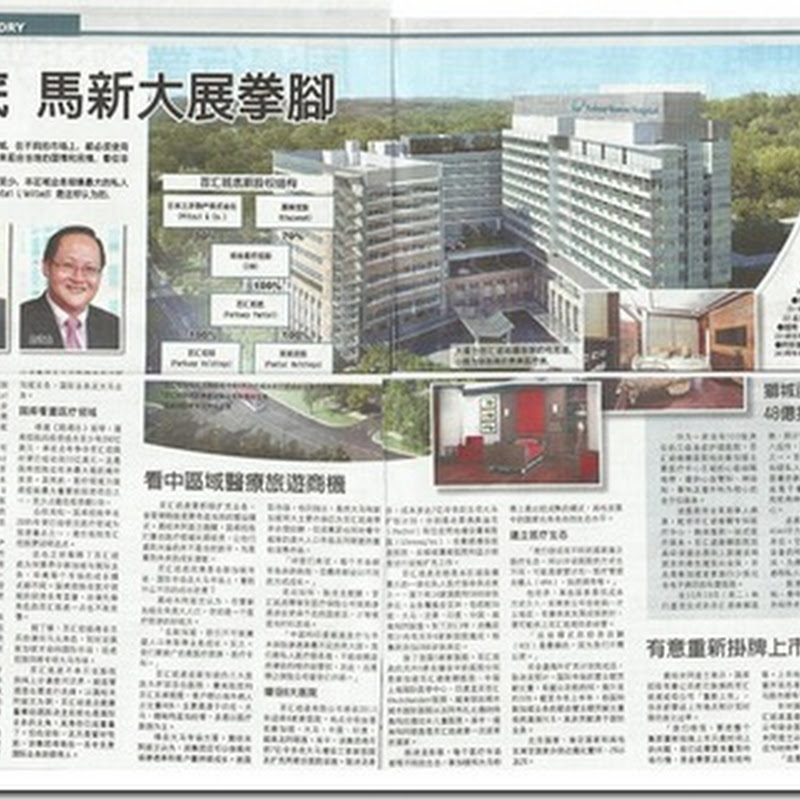It expects to rake in an earnings growth of between 15 to 20% for the financial year 2011, supported by its planned capacity growth and varying of product mix, in line with market demand.
To support the growing demand globally, it will fast track the construction of a new plant in Meru, while rebuilding its Sg Buloh plant into a full surgical glove production facility. Once completed, the Sg Buloh plant will increase its surgical glove capacity by more than 10-fold.
It may also switch more of its production lines to produce nitrile gloves as increasingly, buyers are purchasing it, compared to the powder free natural rubber ones. The company, has so far switched 30% of its current line to nitrile gloves production from 24 per cent previously.
Should the demand for nitrile gloves continue to rise, the group is well placed to meet the market demand, as up to 70% of the group's production lines are built to be inter-swithcable between natural and nitrile rubber.
Also it is banking on a new income stream derived from global sales and marketing network to mitigate any effects of higher production cost. The company would “aggressively globalise” its operations via its net work of about 700 distributors worldwide. It will sell and distribute medical disposal products that it does not manufacture such as surgical masks via these distributors.
The new stream of income is expected to contribute 5% to our net profit in 2011.
The company recorded a pre-tax profit of RM177.4mil in the financial year ended Dec 31, 2010 compared to RM151.5mil in the previous year.
Revenue was higher at RM923.3mil from RM803.6mil previously, reflecting the result of the implementation of its capacity expansion plans, close monitoring and management of major costs elements as well as efficiency initiatives taken during the year.
Pre-tax profit for the fourth quarter, was however, down to RM32.8mil from RM50.3mil previously, while revenue was higher at RM232.7mil from RM196.4mil.
The company has taken steps to adjust glove prices on a more regular basis to pass through the cost increases, due to rising latex prices to record levels and the weakening US dollar.






















































No comments:
Post a Comment